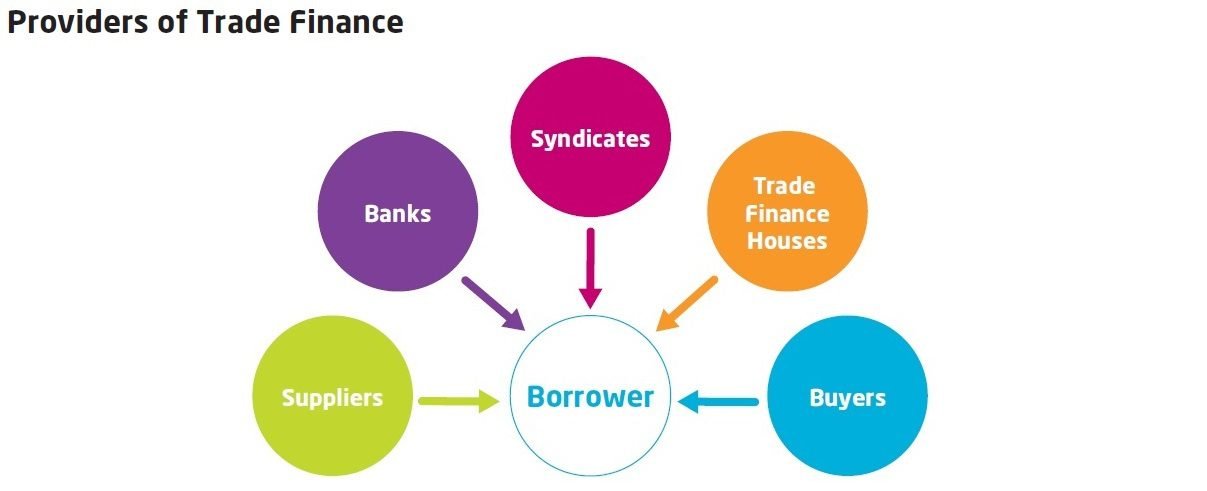Gone are the days when people didn’t understand the concept of digital currencies. At present, the cryptocurrency market is growing continuously at a rapid pace. The Indian cryptocurrency market is also growing rapidly even though there is a need for a proper regulatory framework. Studies have proved that the Indian cryptocurrency market is the second largest in Asia. India is among the top ten nations in the world that have a huge market for cryptocurrency.
Many cryptocurrency platforms in India allow users to trade. There is a separate rule for banks and financial institutions in India regarding cryptocurrency services. Financial institutions in India must follow the regulations to avoid any legal hassles. Many firms in India require cryptocurrency services for trade finance and foreign investments.
 Financial institutions should refer to the cryptocurrency regulation in India before indulging in crypto-aided trade finance or investments. Read on to know the impact of cryptocurrency regulation in India on the banking and finance sector.
Financial institutions should refer to the cryptocurrency regulation in India before indulging in crypto-aided trade finance or investments. Read on to know the impact of cryptocurrency regulation in India on the banking and finance sector.
Overview of the crypto industry in India
India never had a well-drafted regulatory framework for crypto trading and services. Since there was no regulatory framework, Indian firms engaged in crypto trading actively. However, it all came to a halt in 2018. In 2018, RBI (Reserve Bank of India) released a circular that restricted Indian banks to provide services to crypto firms in India. This circular quickly grabbed headlines and was a headache for crypto firms in India.
Most of the crypto firms in India shifted to foreign countries in 2018 as none of the banks will provide the services as per RBI. Some crypto firms continued to operate in India after the circular by using the peer-to-peer settlement method. Many banks that overlooked the order of RBI received notice letters in 2018 for providing services to crypto firms. Even after many crypto firms shifted to foreign countries, there were many left in India. The decision of the RBI was challenged in the supreme court of India by the concerned industry.
In March 2002, the supreme court said that RBI’s decision of barring banks to provide services to crypto companies is not logical. The supreme court believed there were no negative effects of cryptocurrency on the Indian economy and native currency. Since RBI could not show the negative effect of cryptocurrency, its decision was overturned by the supreme court.
Current scenario of cryptocurrency regulation in India
After the supreme court lifted the ban on banks in providing services to crypto firms, RBI spoke on the matter on the 25th of January 2021. It said that it was exploring whether cryptocurrency is of any use when native currency is in place. It is believed that the government may pass a bill in the parliament soon for the regulation of cryptocurrency in India. Many reports say that the Indian government plans on banning cryptocurrency in India. Inside reports say that the government will replace cryptocurrency with CBDC (Central Bank-backed Digital Currency).
In all cases, the digital currency will likely remain in India, even if in some other form. Banks and financial institutions should engage in crypto transactions carefully as there are no clear instructions from RBI and the government. A banking and finance course after graduation can help in knowing more about the regulatory framework.
How to know more about new-age banking?
Imarticus offers a banking and finance course after graduation for young aspirants. Its PGP in New Age Banking is perfect for working professionals.
Imarticus offers the finance course with placement support to help young individuals kick start their careers. NMIMS is also the certifying body of the new-age banking course. Start your finance course with placement now!











